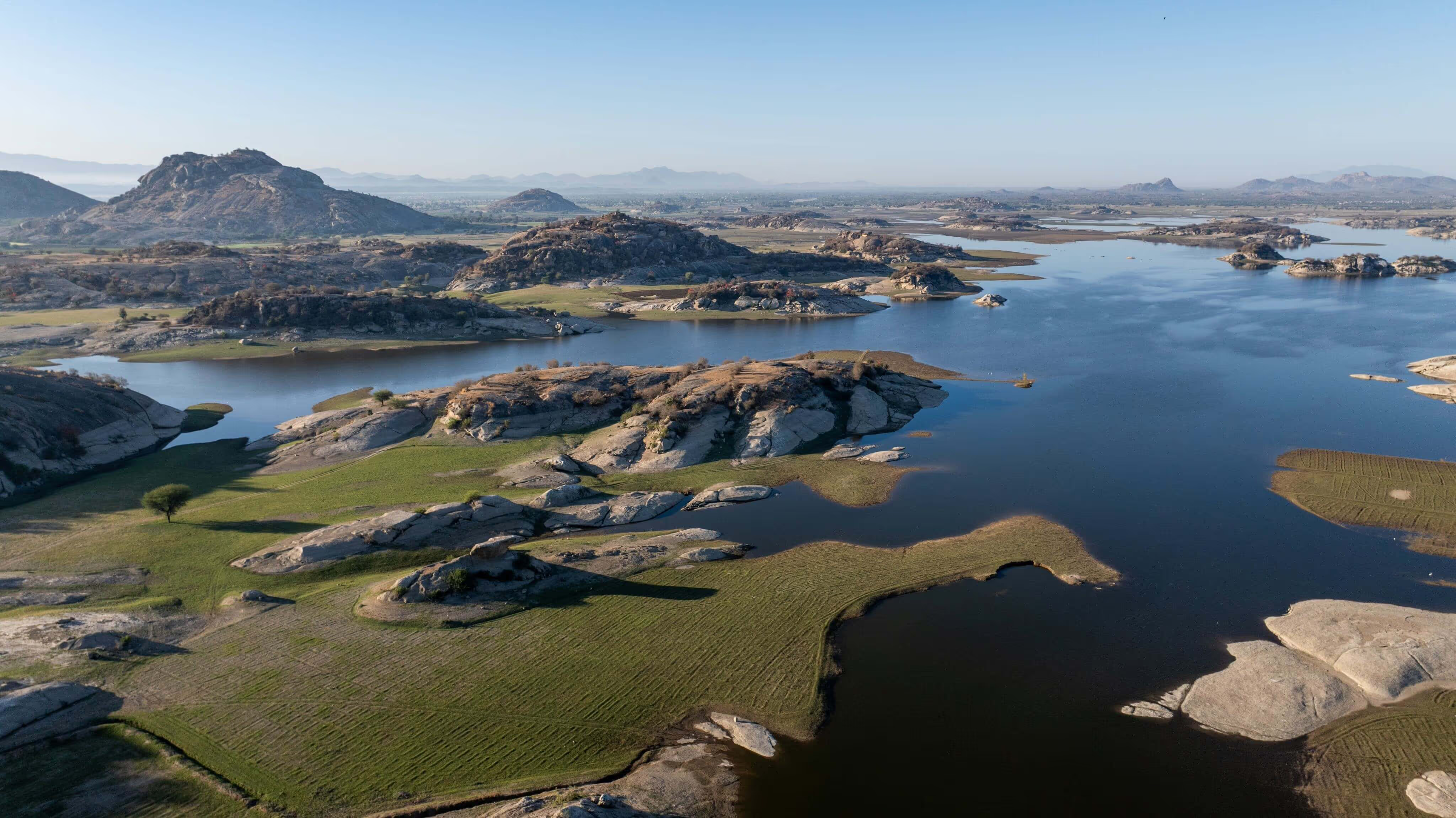

.avif)
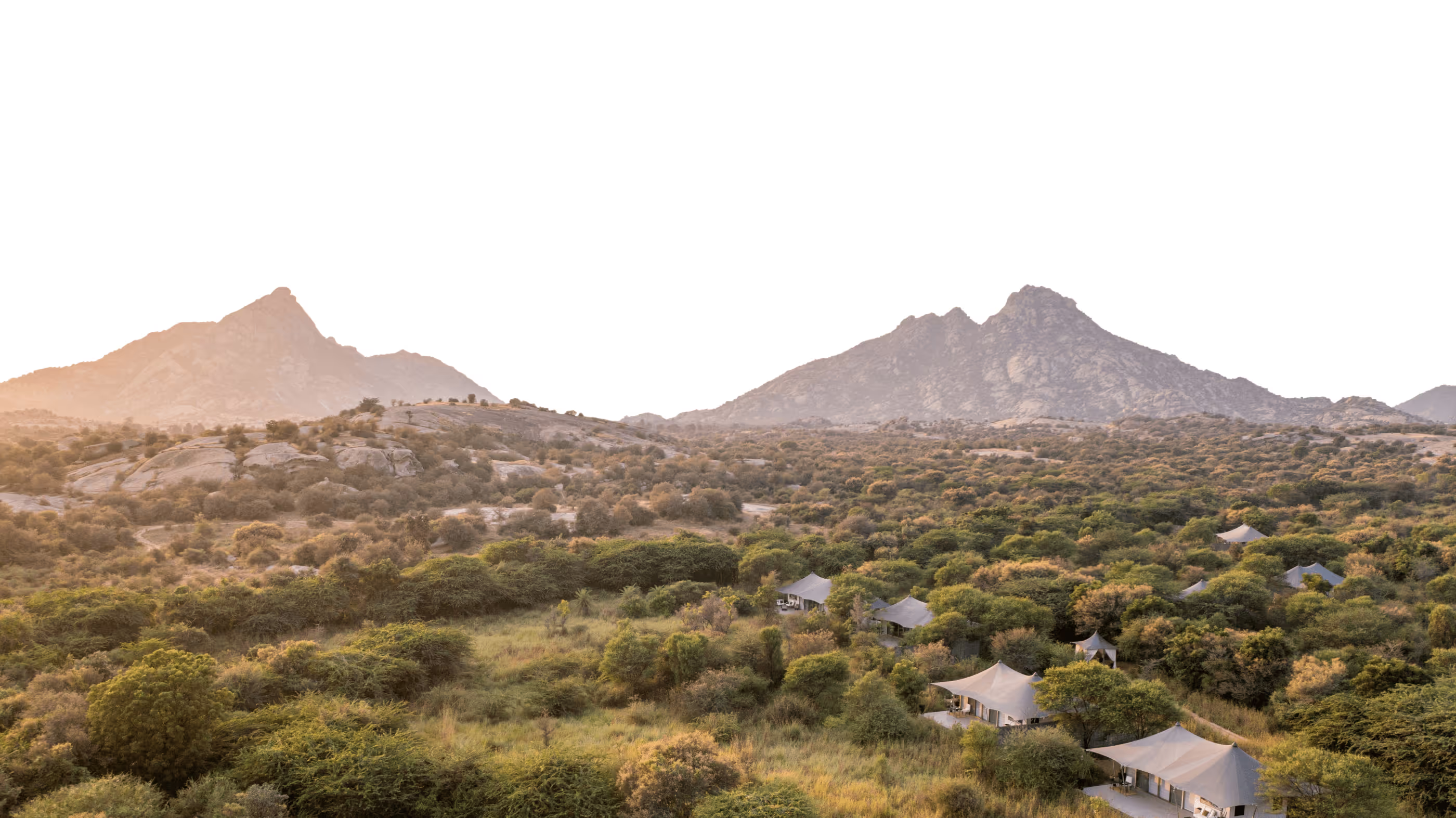
are from the local state of Rajasthan; a vast majority from rural communities.
in 3 districts in Rajasthan, are supported by SUJÁN totalling 10,842 students.
have annual access to free medical care via our Mobile Medical Unit (MMU)
benefit from our sanitation and recycling programmes.
Operating in an environmentally conscious and responsible way at every level of the business is at the heart of the SUJÁN ethos. We believe this is an ongoing journey of continuous awareness, improvement, and adaptation to leave only a positive impact.
The restoration, preservation and protection of our landscapes is central to our conservation vision. In partnership with our local communities we help to manage wilderness land, so that it can support and maintain ecological processes and wildlife in harmony with the human population.
The preservation of our rich heritage and culture is central to us as a family. We have always respected, protected and promoted local cultural traditions and craft since before we began operations and will continue to always.
Our long-term community development goal is designed to improve the quality of living, across areas such as health, sanitation and education for our local communities so that they not only benefit, but thrive from our tourism operations.
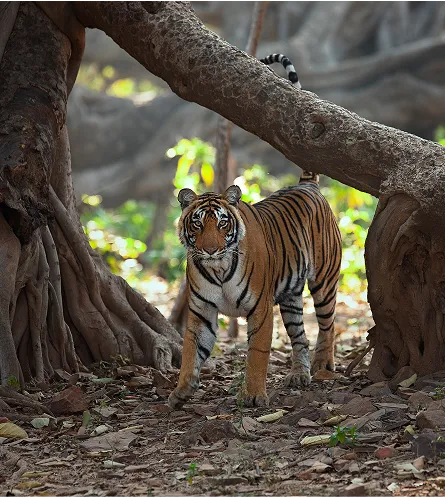
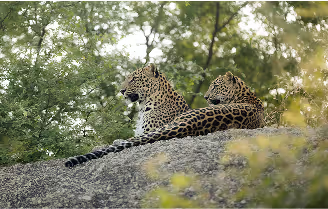
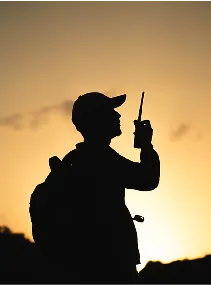
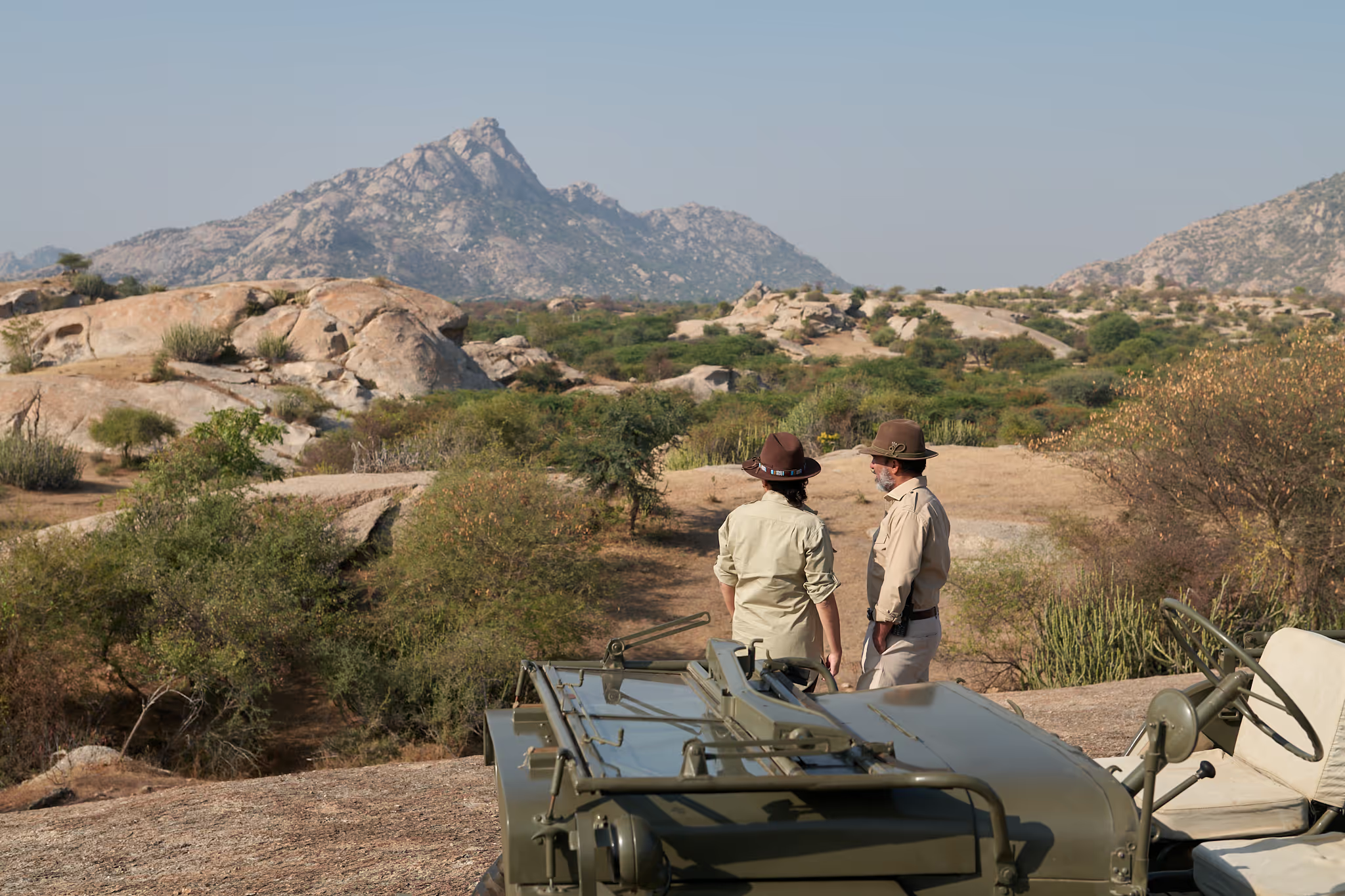
At SUJÁN, we are dedicated to preserving, protecting and restoring the Indian wilderness, as well as our diverse cultural heritage. These commitments of our family go back almost five decades and have been at the core of our operations since inception. Find out more about some of our recent projects below.
Funds Raised from SUJÁN x Elizabeth Scarlett Collaboration were used to donate a new Anti Poaching Patrol Unit donated to the Village Wildlife Watch, Ranthambhore
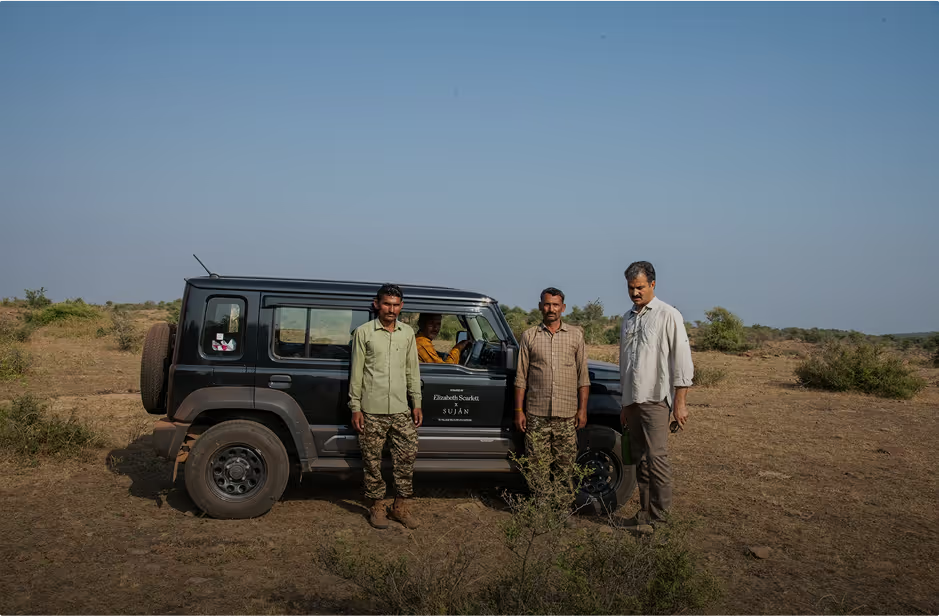
Our SUJÁN Jawai field team have completed their guide training and mentoring programme with Adam Bannister. Covering topics from geology, sighting management, radio protocols, data capture our team is well prepared to deliver the best wildlife & cultural experience in India.
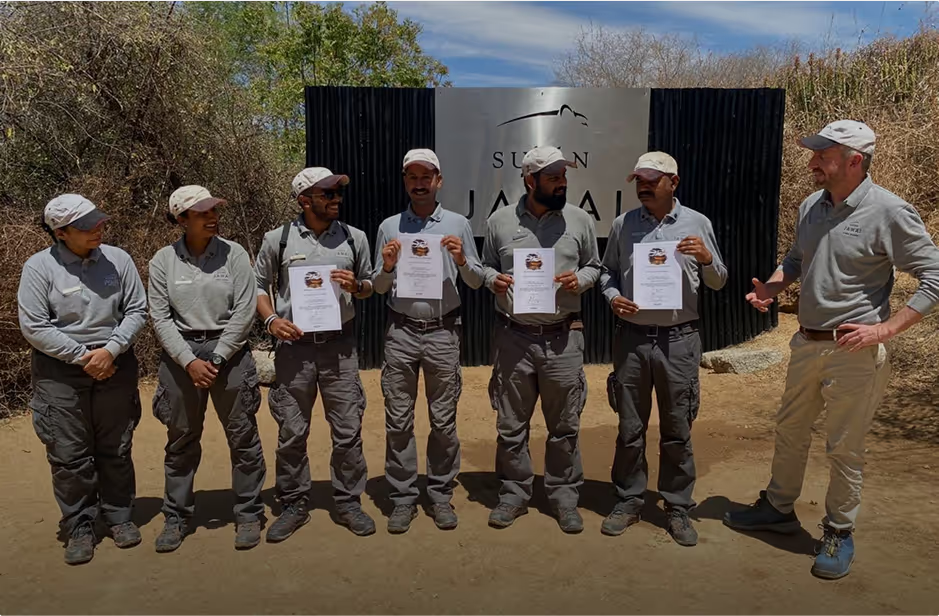
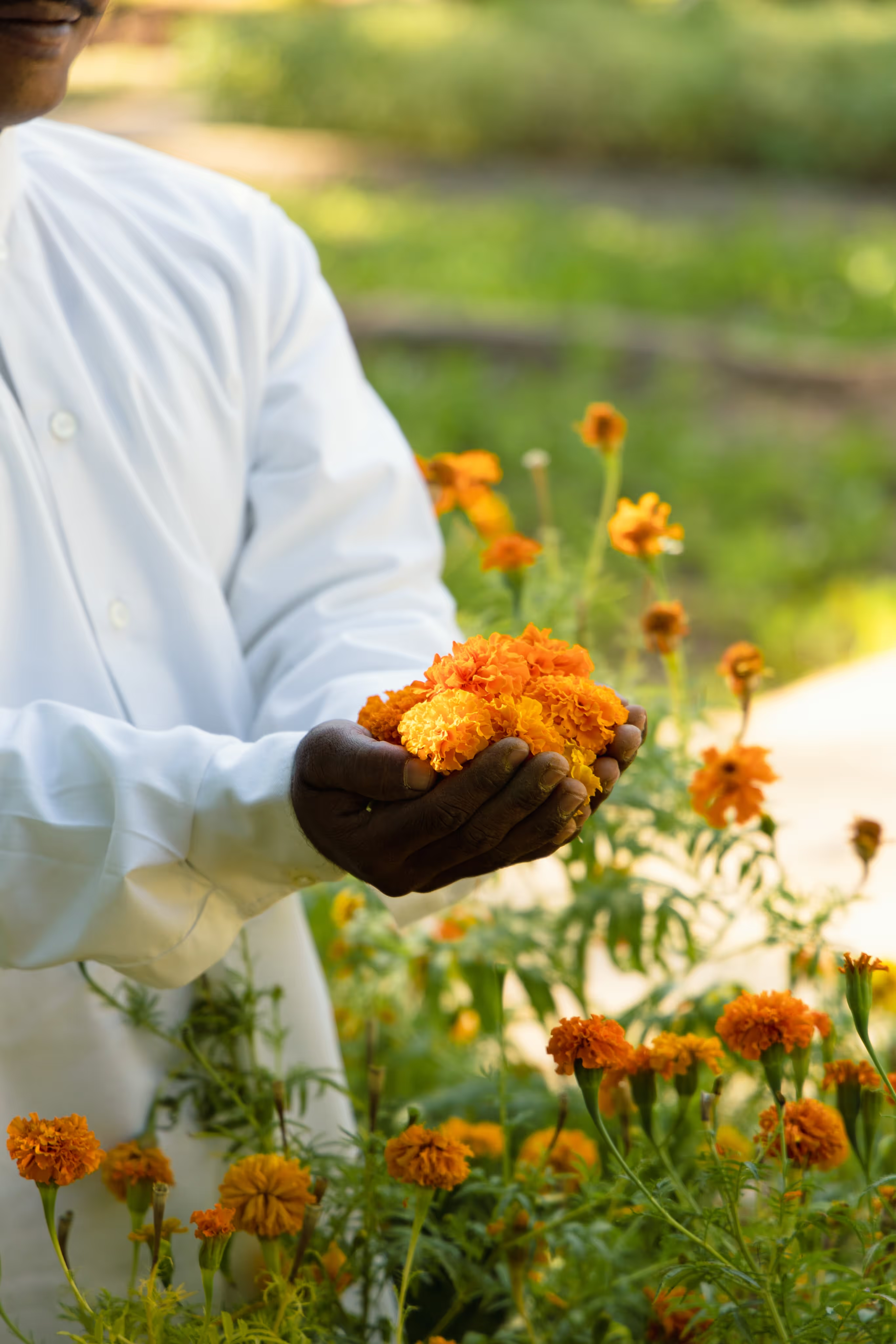
All our camps proudly hold Platinum LEED certification, reflecting our unwavering commitment to sustainable design, responsible construction, and environmentally conscious operations.
.png)
We work closely with and regularly support local NGO’s and global philanthropists in their conservation work. Some of these partners include:
Our three wilderness and safari camps in Rajasthan each offer a unique travel experience rooted in conservation, culture, and conscious luxury. More than just a safari, every SUJÁN offers a deeply personal journey into India’s natural and cultural heritage; where wildlife, history and responsible travel blend seamlessly.